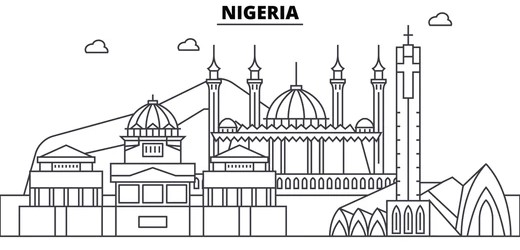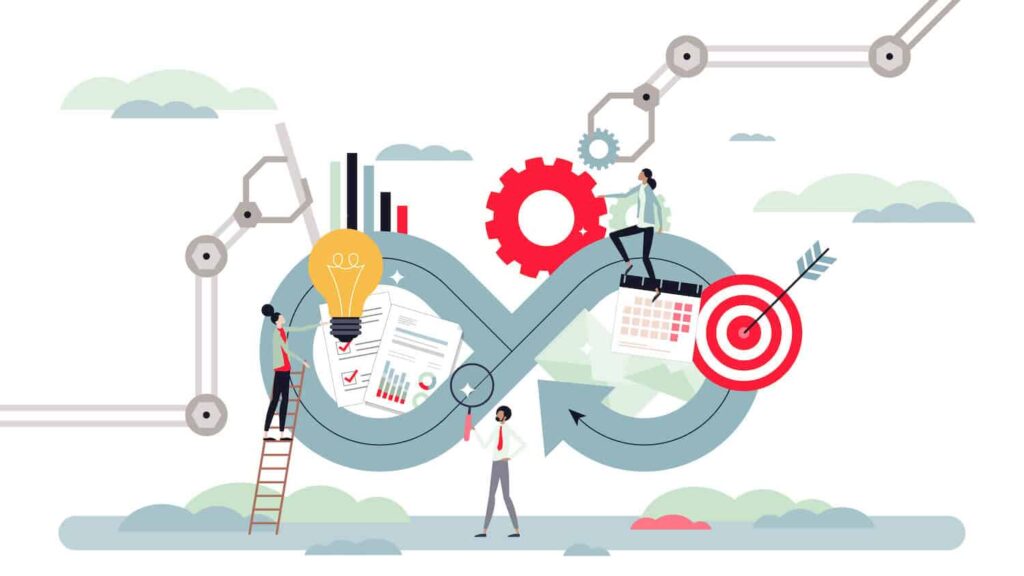
Nigeria commonly practices two religious among others, where the christanity and islam. way of believe differed in the state, at the edge political involved with variable power and development. Religious temples walk vital role in the state that enable individual to understand and access the political world. Politics deals with the activities and improvement of governing power heal by the strongest party out of other parties, while religion temples had the organisational purpose and support link with politics.

modernisation
The political concept of modernisation around the state vary cultural and structural form of political system in which carry changes on structures and processes .
- structural political system: by the way, political system outline the constitutional or legal activities of the governing stage which occurred with structures that balance the desire and function of the state. Nigerian political system arranged with some of the religion aspect, which needed to be consider and nevertheless details will be discuss. constitutional arrangement of the state (nigeria) “that section 1(3) of 1999 CFRN mention any other law that violent the it citizens, norms and custom it wouldn’t be consider.” structural aspect of modernisation is adoptable in the state.
- process of political system: politics also known as part of the political process that individual or group exercise political power in an action. In modern politics requires processes which included the religion temples, that gives an excellent remark near future. The political process is the cornerstone of a democratic society, as it allows citizens to participate in governance and influence decision-making. It involves the formulation and implementation of laws and policies, as well as the negotiation and compromise among diverse interest groups.
merit and demerit
In politics, religious freedom access the potentiality of individual in democratic world. As a result, Religion’s ethical teachings must be adhered to, and doing so will result in effective leadership and submissive followers.
Religion provides mankind with moral values by which to live. According to Nnadi (2004), religion is often used to subvert political needs and aspirations of the ruling class.. Religion if positively used promote the political life of any society”. Every religion, whether Christianity or Islam, has moral values which regulate and harmonize human life.
At the point when we see political pioneers interesting to one religious gathering to the hindrance of another, or when we see strict specialists guarantee to represent “all” individuals, we frequently keep thinking about whether a flourishing majority rules government probably won’t need the disposal of religion from public life completely. the 2008 and 2010 Jos emergencies began as a political conflict and it later took ethno-religious aspect in which a few lives were lost.
Indeed, even in the most mainstream of majority rule governments, in any case, a more cautious retribution of religion’s public job can uncover possible enemy of popularity based factors as well as expected favorable to majority rule powers.
actions consider
Some modern political state You will find that religious actors are not reticent in coming forward with ideas, resources and proposals aimed at public policy change. Citizens of a religious background not only have a right to participate in the policy-making process but have valuable contributions to make to the common good when they do so. the process of arriving at a shared understanding of the common good and the approaches, methods and instruments by which this can be realised may contribute to greater levels of mutual trust and collective action among a diverse citizenry, a vital pre-requisite for a more cohesive, flourishing society.
To every political state which aiming to be strong and balance in decision making also need to include and consider religious actors.

